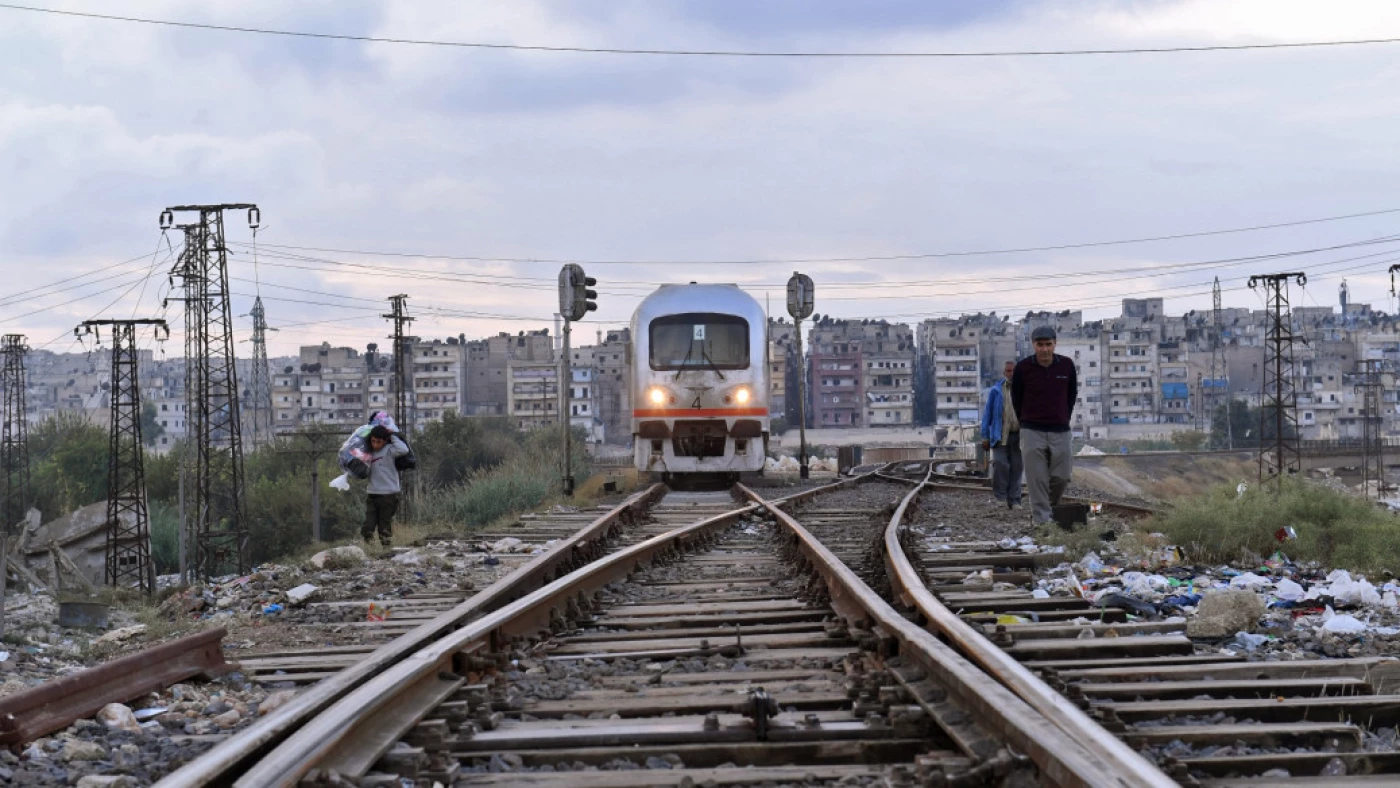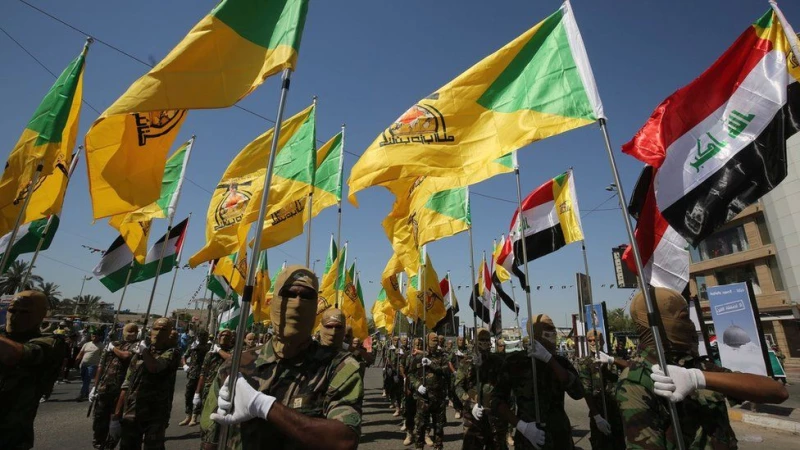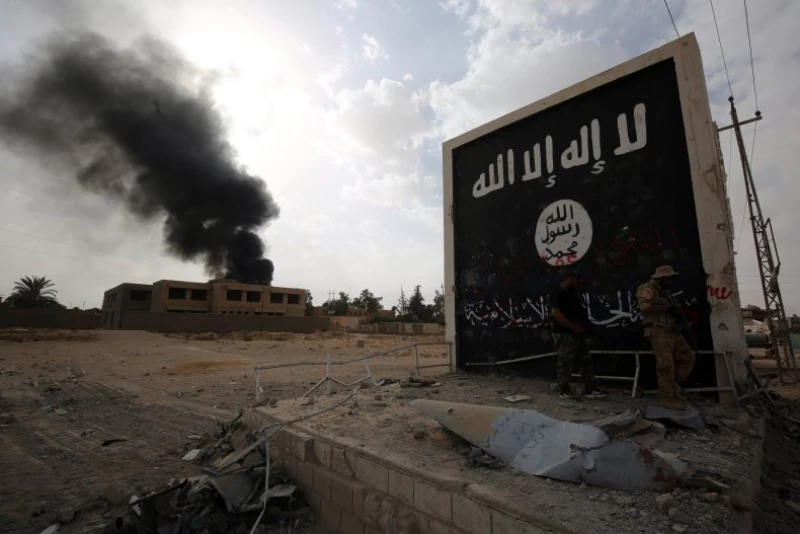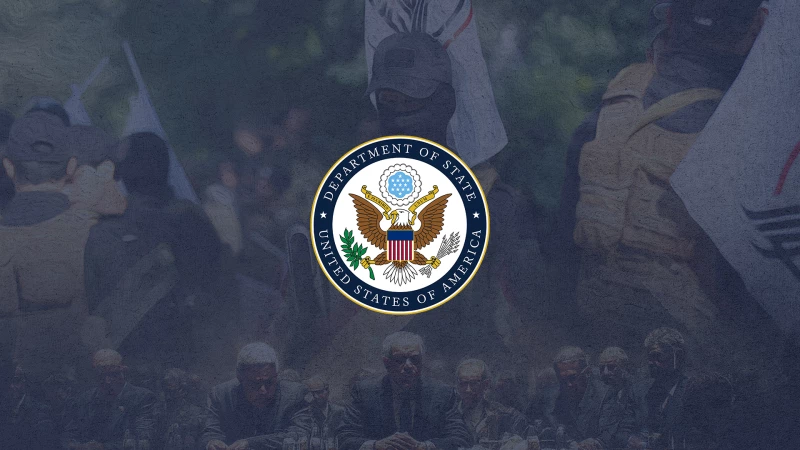ERBIL, Kurdistan Region of Iraq – Iraq’s transport ministry on Friday announced that it had received approval from the World Bank for a $930 million loan to rehabilitate the country’s railway network.
The Iraq Railways Extension and Modernization (IREM) project will see Iraq’s railway network connecting the strategically important ports of Faw and Umm Qasr and extending north to Mosul.
The transport ministry’s media director, Maitham Al-Safi, told Iraqi state media that “the plan represents a comprehensive government vision for operating the first phase of the Grand Faw Port project, which includes five docks and has reached very advanced stages of completion."
Safi affirmed that the project is essential in “achieving multimodal transportation goals and paves the way for connecting Iraq to the European continent and strengthening its role as a regional logistics hub."
A World Bank statement regarding the infrastructure project said that, “With Iraq’s rail sector suffering from limited connectivity, disrepair, and underfunding, investments in Iraq’s existing railway network are an essential first step towards enhancing both national and regional connectivity.”
“The IREM project will rehabilitate and modernize 1,047 km of existing railways linking Umm Qasr Port to Mosul through Baghdad,” the statement continued.
The loans to renovate the railway come as Iraq continues work on the Development Road (IDR) project, a massive multi-billion-dollar railways, roads, ports, and cities project that aims to shorten travel time between Asia and Europe and links the Grand Faw Port in southern Iraq to the Turkish border. The project is set to create hundreds of thousands of jobs and enhance Iraq’s geopolitical status.
Director of the World Bank’s Middle East Division Jean-Christophe Carret said, "As Iraq shifts from reconstruction to development, enhanced trade and connectivity can stimulate growth, create jobs, and reduce oil dependency."
"The IREM project is vital for transforming Iraq into a regional transport hub and helping achieve the IDR's goals of improved connectivity and economic diversification and growth," he noted.
Iraq's over-reliance on oil and the lack of diversity in its revenue streams have pushed Baghdad to invest in other routes of generating income.
Iraq counts on oil for over 90 percent of its annual revenues, making the country prone to crises as the price of oil fluctuates. The country currently produces around 4 million barrels of oil per year. Its strategic location, however, also makes presenting the country as a transportation route for international goods a viable option, with its proximity to the Strait of Hormuz from the south and Turkey from the north.


 Facebook
Facebook
 LinkedIn
LinkedIn
 Telegram
Telegram
 X
X



